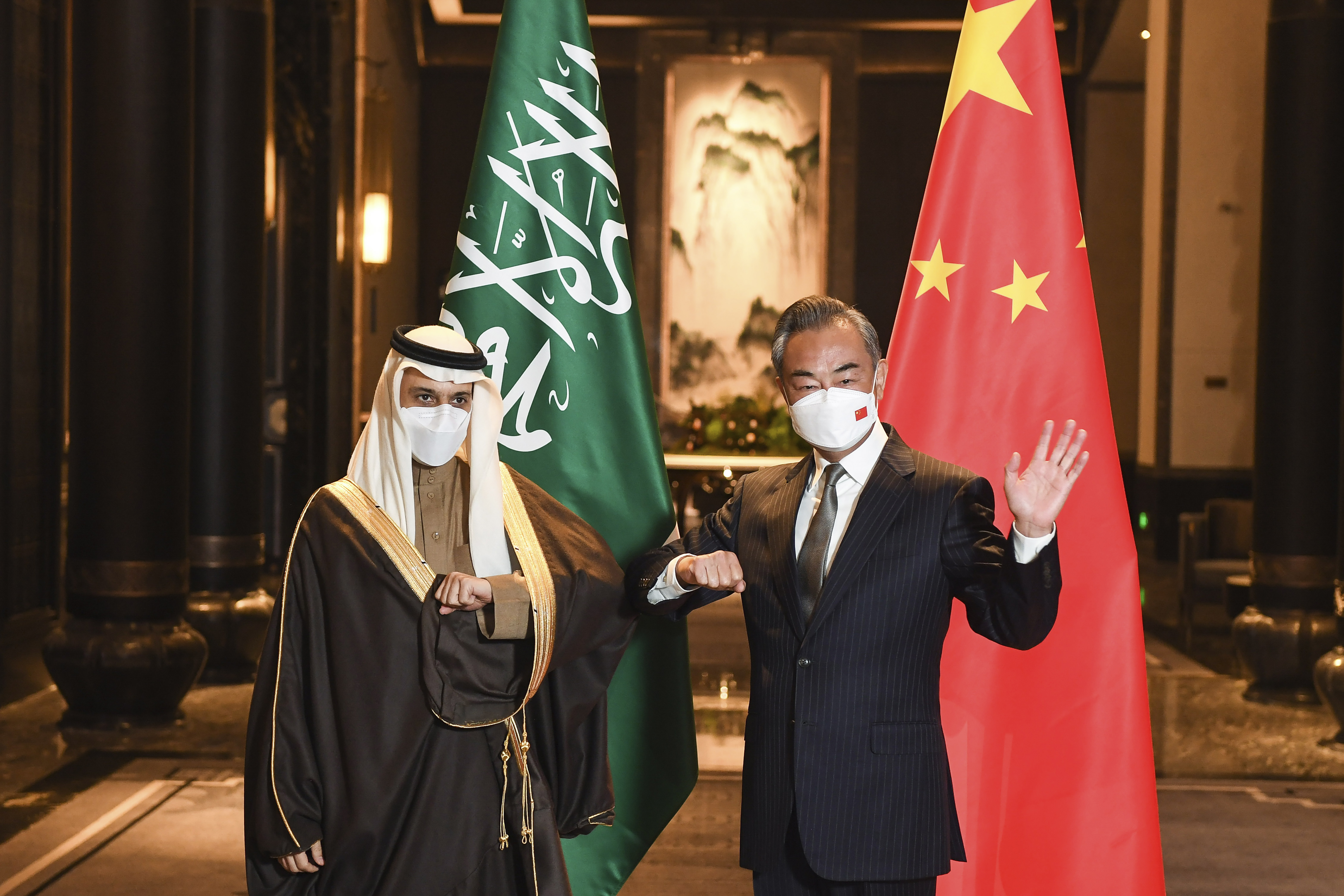
The Shifting Geopolitical Landscape in the MENA region
The gradual retreat of the U.S. from the Middle East and North Africa (MENA) has allowed Russia, China and regional actors to assert themselves more. In which ways do the changing dynamics correspond to historical trajectories of the MENA region, and what does this shift imply for the prospects of regional stability, democratic governance and human rights?
The Middle East is one of the regions where the multipolarity of global politics is clearly visible. A multipolar world order appears to be emerging, which is visible not least in the MENA region. The region has been subject to the influence and interventions of great powers for centuries. Now, the Russian and Chinese presence is expanding, at the same time as several regional actors, including Turkey, the United Arab Emirates, Saudi Arabia, and Iran are becoming increasingly assertive in their foreign policy.
From North Africa to the Persian Gulf, these actors are increasing their military, political, economic, and cultural engagements. While actors such as Russia and Turkey are tracing their activities along historical lines, China, a relative newcomer, is expanding its presence through its massive infrastructure project, the Belt and Road Initiative (BRI). As a result, regional alliances and rivalries are transforming, affecting the status quo of MENA.
Panel
Mehran Kamrava, Professor of Government at the Georgetown University Qatar
Mark N. Katz, Professor of Government and Politics at the George Mason University’s Schar School of Policy and Government; Nonresident Senior Fellow at the Atlantic Council
Jonathan Fulton, Assistant Professor at the College of Humanities and Social Sciences at Zayed University; Nonresident Senior Fellow at The Atlantic Council
The webinar was moderated by Linda El-Naggar, Analyst at the Swedish Institute of International Affairs.